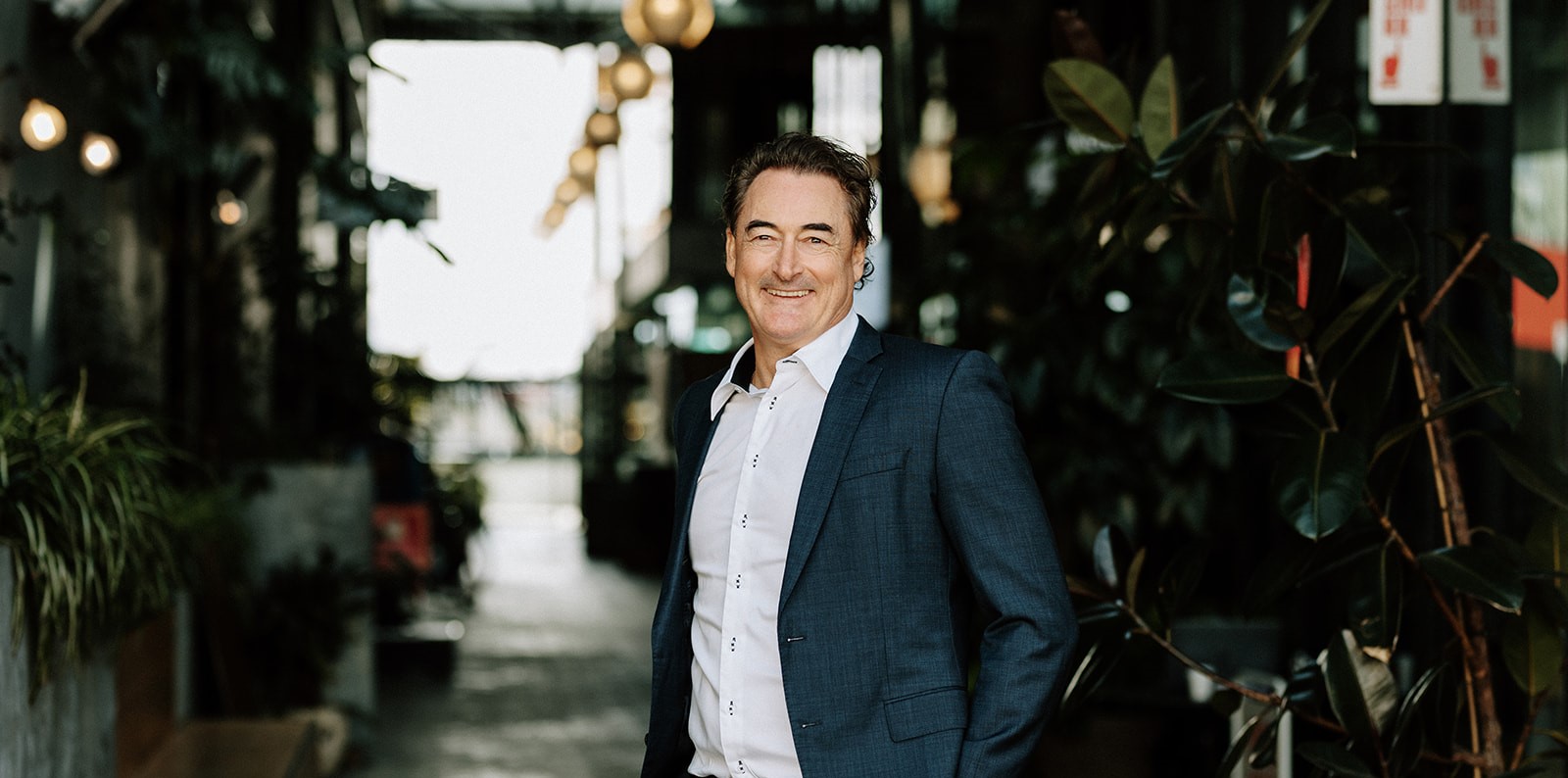Retirement living: Embracing a new chapter

Retirement living has undergone a transformation in recent years with younger and more mobile residents making the move for the flexibility, community, and convenience it offers them.
John Proudfoot from Ryman Healthcare's Linda Jones Village, and Michelle Pickering, a residential and lifestyle sales consultant at Lodge's Flagstaff branch, told the Lodge Real Estate Home Truths Podcast the landscape of retirement living has changed, and a new brush of resident is moving in
"Retirement living has evolved dramatically over the years," says John. "We've moved away from the institutional model to a more holistic approach focused on enhancing residents' freedom, flexibility and quality of life," he says.
Modern retirement villages
Modern retirement villages like Ryman Healthcare’s Linda Jones Village, now offer a range of living arrangements from independent living to assisted living and full care options, says John.
From spacious townhouses to independent apartments, and serviced apartments, residents now have the freedom to choose, while still having access to support when they need it, says John.
“Retirement living is no longer driven by health needs, it's more about what you want to do with your time,” says John.
Flexibility
Highest on the list for many seeking retirement living is flexibility, says John.
“An independent unit in a retirement village is essentially a lock and leave. People don’t have to worry about being tied to the village because of maintenance, the lawns, the gardens, it’s all done for them if they want to go out in their campervan or do an overseas trip, they can. And when they come back it's exactly as they left it,” says John.
Companionship
Companionship is another big attraction for residents, particularly if one of their partners may have passed away or their family lives further afield.
“Contrary to outdated perceptions, retirement living isn't solely about health concerns. It's a proactive decision for individuals seeking a vibrant lifestyle, companionship, activities, and a supportive environment," says Michelle who has worked with many clients considering retirement living.
“There are always lots of activities on offer and it’s up to the individual how involved they wish to be, but the opportunity is always there to get to know people with like-minded interests and form friendships,” says John.
Financial stability
Navigating the transition to retirement living can be daunting, but real estate agents play a crucial role in easing this process, says John.
“A trusted real estate agent can provide valuable guidance and support, helping to explore the housing options and ensuring people are making informed decisions about their future,” says John.
Michelle says the financial stability of retirement living is a significant benefit sighted by many people she has worked with. Fixed weekly fees provide residents with peace of mind and predictability.
“It’s a reassuring option for people in retirement. Owners know when they come into a village what the cost of the apartment is going to be and what the weekly fees are going to be, because that's fixed for life. They also know how much they're going to get when they vacate and when they're going to get it,” says Michelle.
In terms of the cost, independent apartments range from $800,000 to $900,000 and the fixed weekly fee is $175 a week. For serviced apartments, the basic package is $395 a week and the purchase price of those units is between $430,000 to $535,000, says John.
The set fees cover amenities and maintenance and provide residents with opportunities including events and a weekly happy hour with an open bar.
“Those fees are fixed for life so as the cost of living goes up your essentially being paid to be there, it’s a very attractive option,” says Michelle.
Working with a trusted real estate agent can help people navigate their contractual obligations and help people decide if it’s a good option for them, says John.
"If you're considering retirement living, now is the time to explore your options," says John. "Retirement isn't the end—it's a new beginning filled with possibilities."

